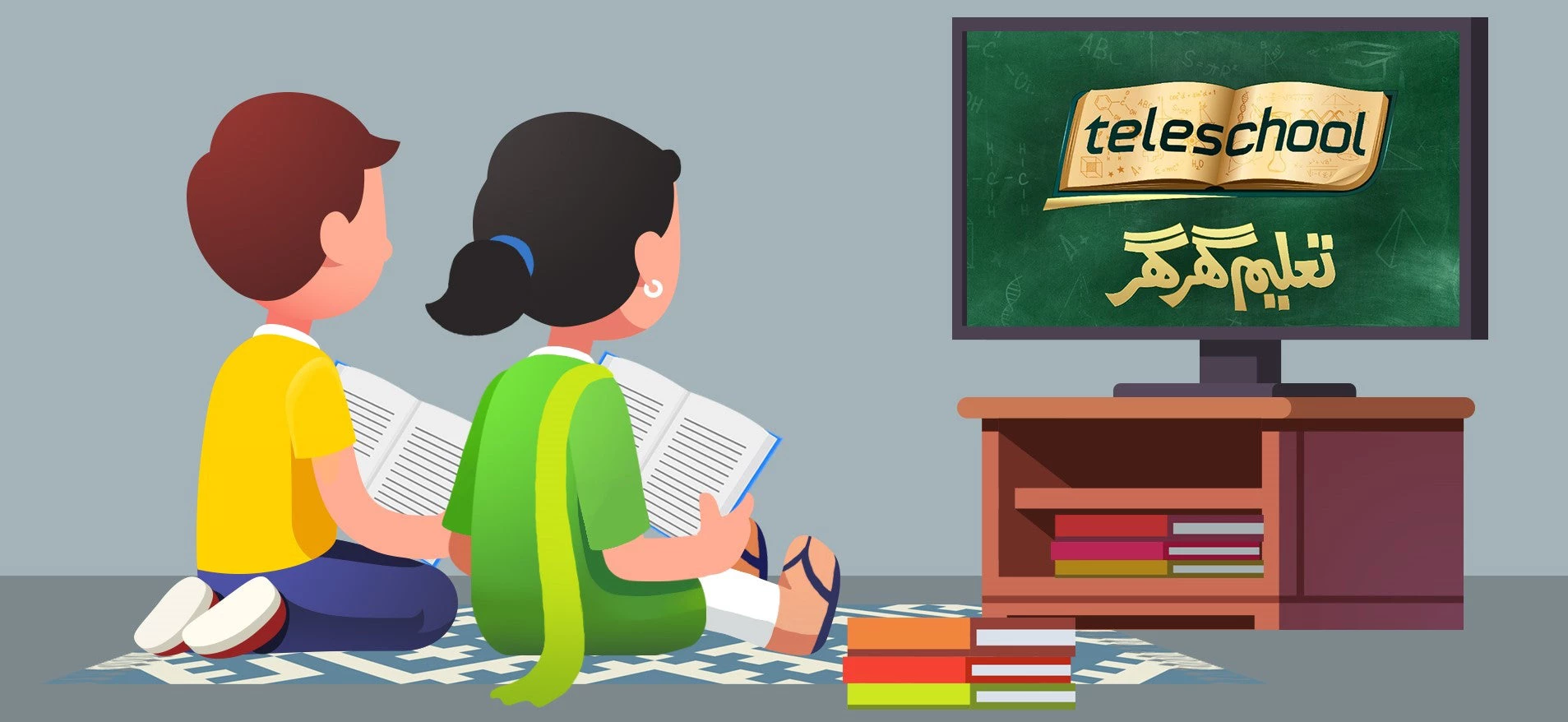 EdTech Teleschool Initiative
EdTech Teleschool Initiative
Pakistan's schools are reopening again today after a nearly uninterrupted 11-month hiatus. In March 2020, the Government of Pakistan closed all schools as part of a nationwide lockdown, prompting the Ministry of Federal Education and Professional Training (MoFE&PT) to seek education alternatives to ensure learning continuity.
During the first phase of school closure, Pakistan launched the TeleSchool initiative in collaboration with leading EdTech providers such as Knowledge Platform, Sabaq.pk, Sabaq Muse, and Taleemabad to broadcast free learning content to grades 1-12 students. After briefly opening for 6 weeks, schools were closed again in November. In December, the government launched its first Radioschool to expand student outreach in response to the second school closure.
Has COVID-19 ushered in a new era for how Pakistan delivers education?
Evidence points to the fact that the EdTech sector has become a crucial education player. Through virtual blackboards, online live classes, and Learning Management Systems, animated videos, augmented reality, and gamification, EdTech has brought in innovations that will change the way children in Pakistan learn and access education.
EdTech startups have reported a 20 to 100 percent growth in users during COVID-19. The World Bank recently held its second EdTech workshop – EdTech Pakistan 2.0 – to connect startups with development partners, government, and other stakeholders. The virtual workshop focused on distance education, blended learning, and girls' education amid COVID-19 and how to keep the momentum to cater to the large population of out-of-school children.
Boosting girls' education online
Nearly one out of three girls in Pakistan has never been to school. Distance from schools, security, and lower numbers of female teachers are among the main reasons behind girls' low enrollment and high dropout rates, translating later into only 26 percent female labor force participation.
For example, Edkasa, a startup, offers virtual, interactive classrooms and reaches beyond major cities to Pakistan's poorest districts. Their primary focus is girls' education in the STEM (science, technology, engineering, and mathematics) subjects, providing online classes beyond traditional activities such as "Silai Karhai" (Sewing and Stitching). Another startup, AzCorp, uses 'Edutainment' as their learning foundation, focusing on embedding civic rights, social justice, and gender equality themes among their viewers.
"With the Coronavirus outbreak, it was very difficult to continue studying, but the launch of TeleSchool by the government has really helped us cope." – Primary School Student, Rawalpindi
Bridging gaps with distance education
By confining them at home, COVID-19 has limited students' access to schools, teachers, and learning materials. Distance learning programs have provided an opportunity to surpass this challenge and enable uninterrupted access to resources. To support this, the MoFE&PT has established a new 'Distance Education Wing' to continue developing alternate modes of education, even after schools reopen. Provincial governments have also used digital tools to ensure learning continuity. In collaboration with Sabaq Muse, Sindh Government rolled-out a learning app in 700 schools offering animated and interactive story-based learning content, focusing on early years and primary education. The app provided free learning materials in Urdu, English, and Sindhi.
Capturing student interest is key to improving learning outcomes both at home and in the classroom. Teach the World Foundation focuses on engaging students through gamification, self-learning, personalization, and real-time data tracking to improve learning outcomes using existing resources. Another startup, Kar Muqabla, infuses play and competition to enhance students' learning experience, linking students from across the country through school competitions and providing a space for non-academic creativity.
"When the COVID-19 situation is handled, and students return to schools, they will have TeleSchool as an additional resource available to them." – EdTech Service Provider
Blended learning and the digital divide
The MoFE&PT is also piloting blended learning in 200 public school classrooms to better understand the implementation challenges of new technologies. Schools closure has further spotlighted the existing digital divide across Pakistan. Only 34 percent of households in Pakistan have internet access, and 14 percent have laptops or computers. Girls tend to have limited access to digital resources compared to boys. Although online learning resources are growing, support infrastructure for EdTech, as well as a cohesive implementation strategy to reach the most vulnerable, is a hurdle. In order to support students, MoFE&PT is working towards subsidized packages for devices and broadband.
According to early World Bank estimates, at least 1 million children in Pakistan are expected to drop out of school owing to COVID-19's socioeconomic impact. The second round of school closures may result in even more children not returning to schools. Distance learning programs and open educational platforms have enabled schools to limit the disruption caused by COVID-19, but there is much to be done to make sure that these mediums have a broader impact on learning. The growing EdTech sector provides alternatives to sustain learning during the pandemic and can be groundbreaking to improve education access post-pandemic.
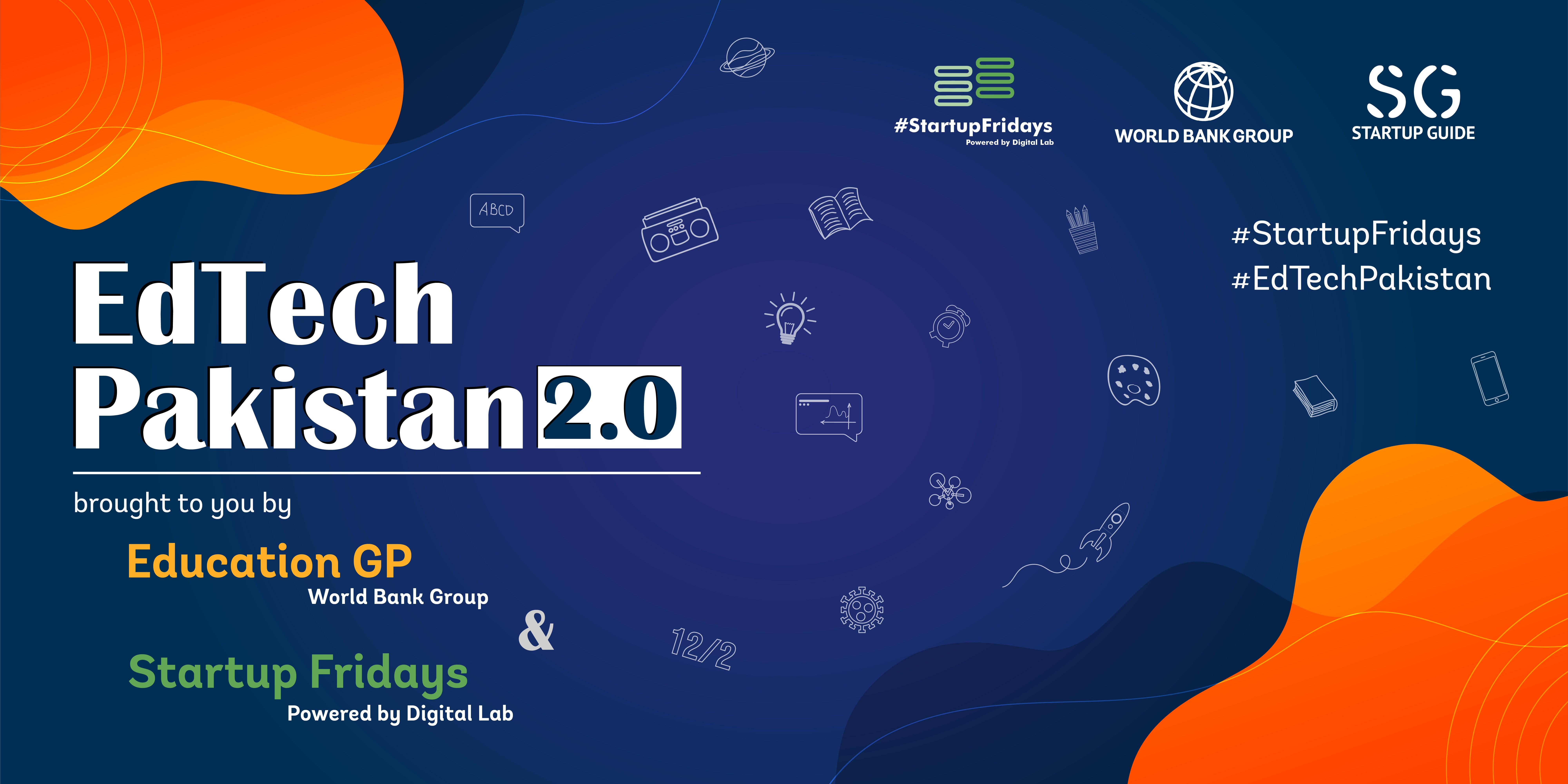

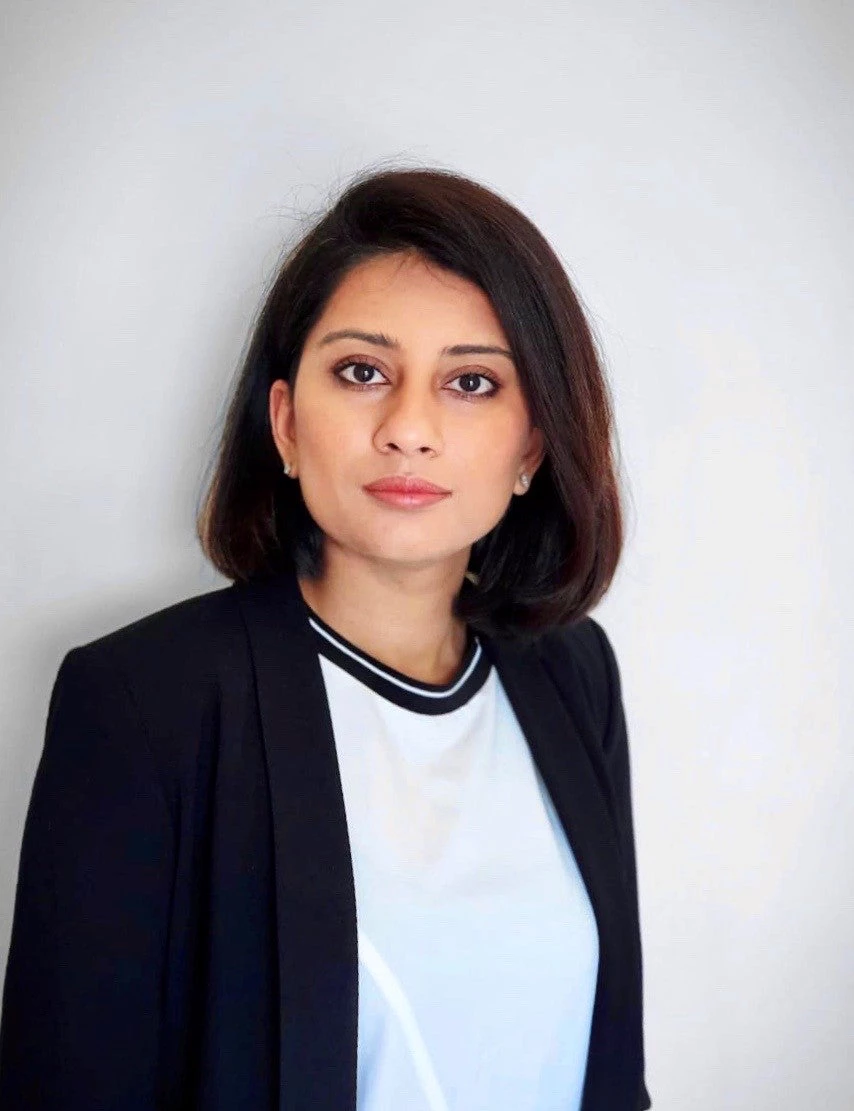
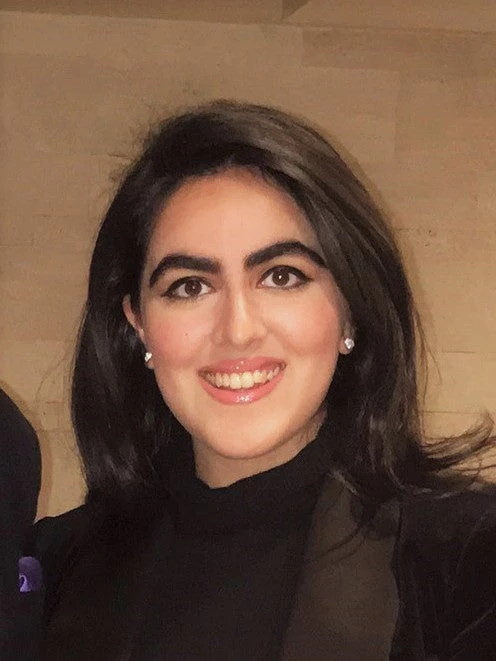
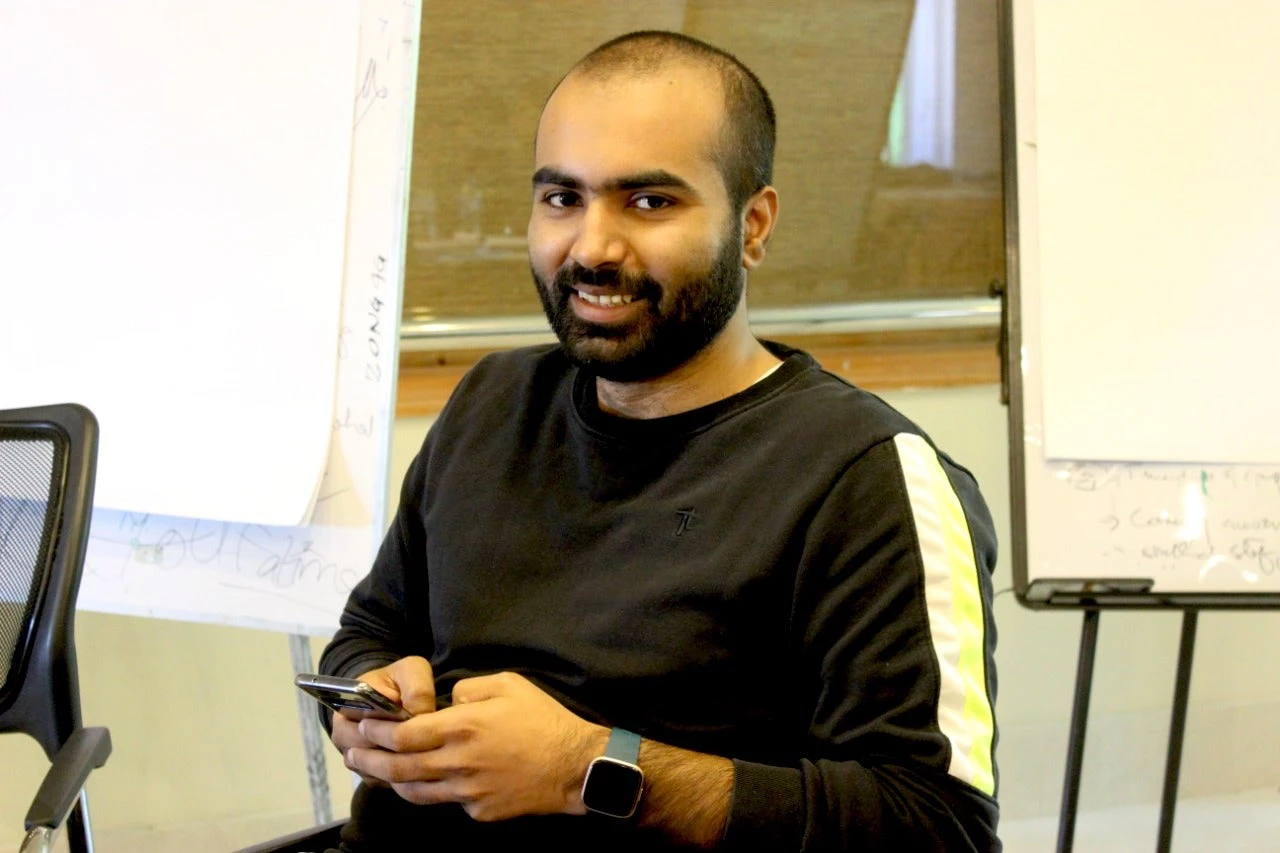
Join the Conversation